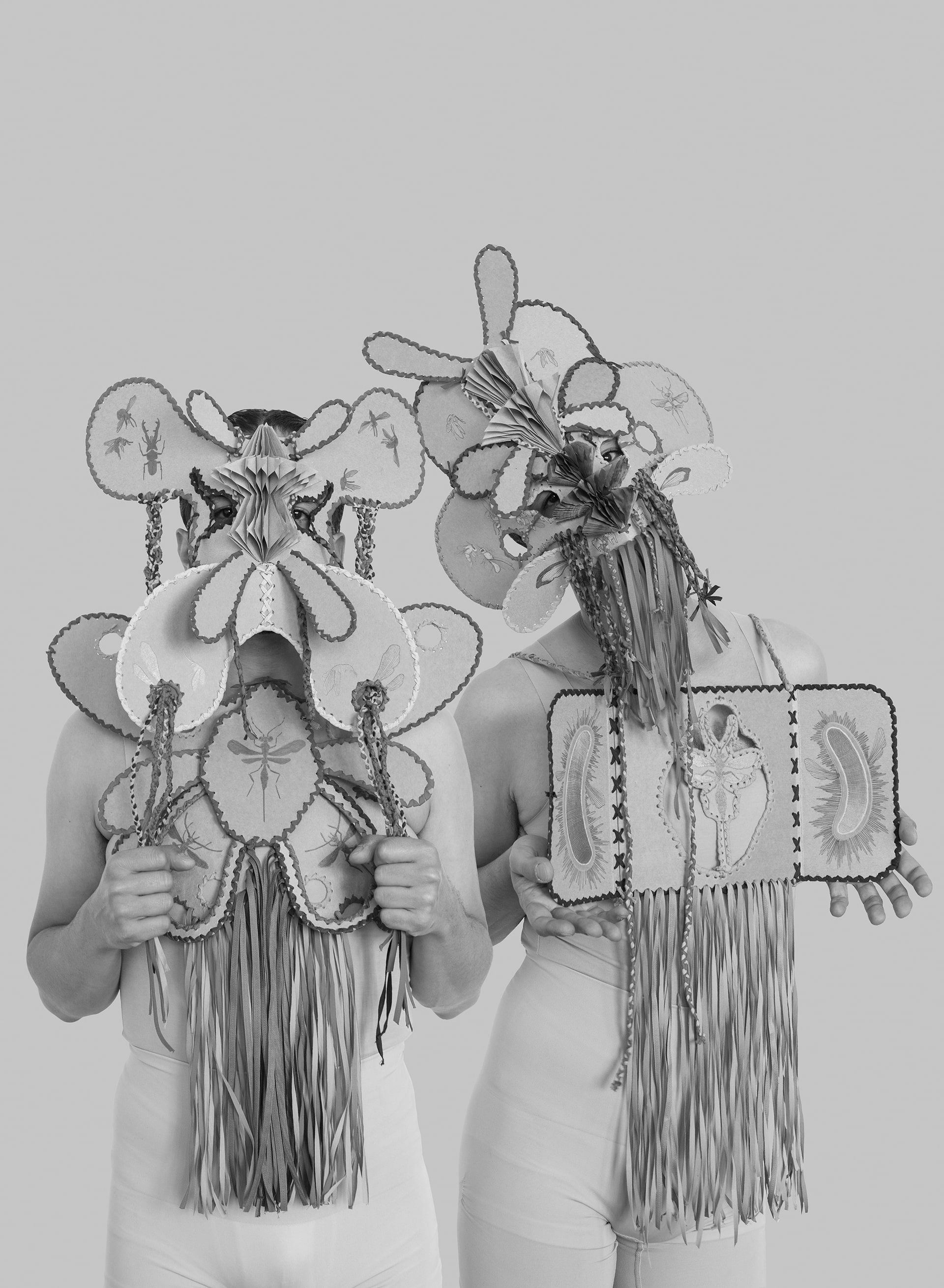
Anatomical Folding Book
Anatomical Folding Book
05 APR–30 JUN, Mon–Fri, 9:00–17:00; Sat–Sun, 14:00–18:00
Partnership Anozero – Bienal de Coimbra/Bienal de Arte Contemporânea de Lyon
Anatomical Folding Book questions scientific anatomical knowledge, which is standardized by patriarchal structures and Eurocentric thinking. The relationship with one's own body is demonstrated using examples of white, muscular, heteronormative and healthy bodies. Throughout human history, this specific type of body has been collectively observed and admired in operating rooms, celebrating the scientific progress of medicine and the human sciences. Always at the center is the same body type, a standard of perfection and invincibility, a human nature defined by a single man who holds power in his hands. On the other side of history, our bodies have been exoticized and perverted by violence. With this knowledge as experience, my folding books resist the hegemonic thought structures of European history.
There are no exemplary bodies. On the contrary, diversity clearly points to the countless possibilities of body shapes and functions. I emphasize the potential to play with one's physicality and challenge the idea of bodily fluidity. There are countless reasons to strategically modify our non-white bodies, necessary for their healing and rest. They are not finished, but are procedural; they are collective. They are often sick and die every day. Through our bodies, I address the epistemic violence and colonial thinking that coercively standardizes them, completely excluding us from processes that are necessary for us. My sketchbooks play a game that opens up the possibility of a collective construction of different forms and compositions without hierarchical orders of organs within us. This idea isn't didactic or pedagogical; it's an attempt to relearn and rethink what we've been given. This can only happen collectively if we eliminate individual power in our societies.
In this series, the heart takes center stage, serving as a symbol of emotions, love, care and compassion. When we view a body through these lenses, we gain the ability to recognize the positive aspects in others. Anatomical Folding Book invites us to rethink the concept of the body and challenges us to abandon the tendency to measure and condemn diversity. The objectification of the body is a construct that perpetuates violence and isolation, and this project seeks to destabilize and challenge these notions.
Born in 1986 in Hnúšťa, Slovakia, Gabris studied costume and stage design at the Academy of Performing Arts in Bratislava (2006–10) and stage design at the Academy of Fine Arts in Vienna (2010–14). Selected solo exhibitions include Strabag Kunstform, Vienna, AT (2021); Villa Romana, Florence, IT (2021); Bunker del Castello di Udine, Udine, IT (2017); and Collective by Pure, Shanghai, CN (2015). In group exhibitions, his work has been shown at Biennale Sydney - Ten Thousand Suns, AUS , Documenta fifteen in Kassel (as part of the Off Biennale Budapest), DE; at rotor in Graz, AT; Künstlerhaus Vienna, AT; Tent Rotterdam, NL; Württembergischer Kunstverein in Stuttgart, DE; the Bergen Assembly, NO; transit in Bratislava, SK; Landesgalerie Eisenstadt, AT; and Wien Museum, AT, among others. He has been an artist-in-residence at MeetFactory, Prague, CZ (2022); at K.A.I.R., Košice Artist in Residence, SK (2021); and at Villa Romana, Florence, IT (2020), among others. He has been awarded the following prizes: Jindřich Chalupecký Award, Brno, CZ (2021); Recognition Award, Strabag Art Award, Vienna, AT (2021), Belvedere Art Award, Vienna, AT (2022).
Participants
Related Events
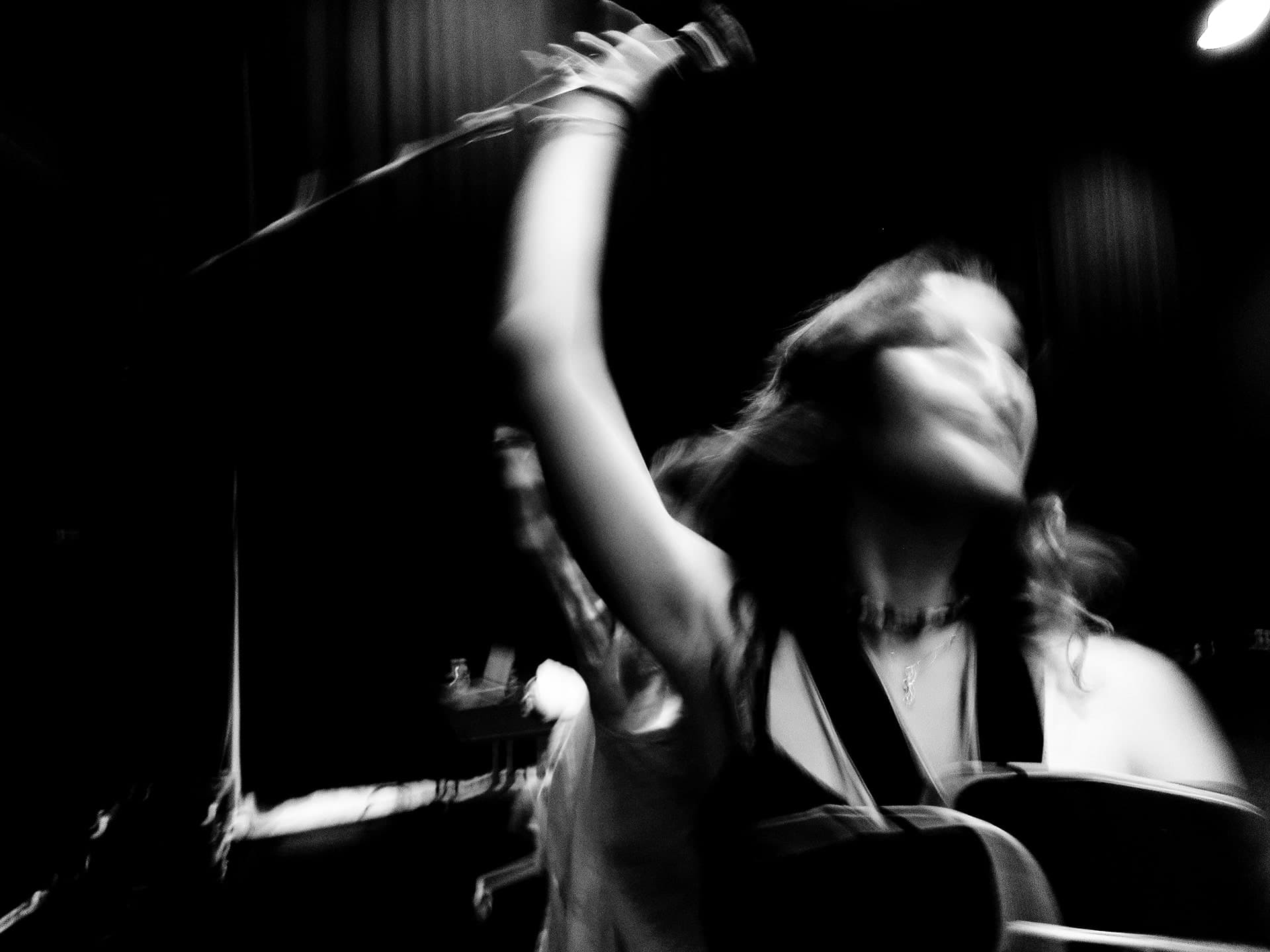
PROCESSO 8868
19 APR, 21:30
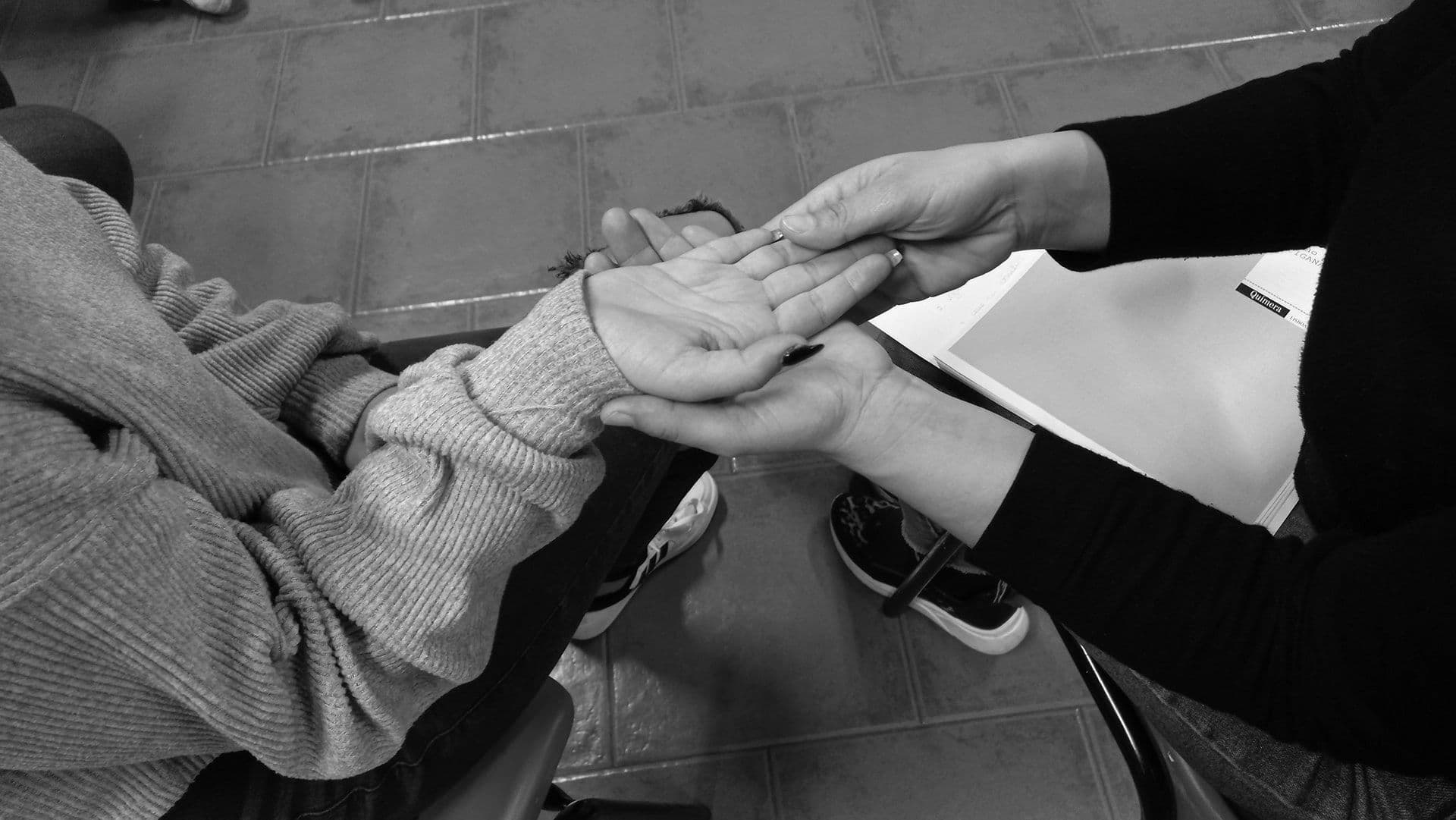
Podcast – Auto das Ciganas, de Gil Vicente
5 APR, 11:00
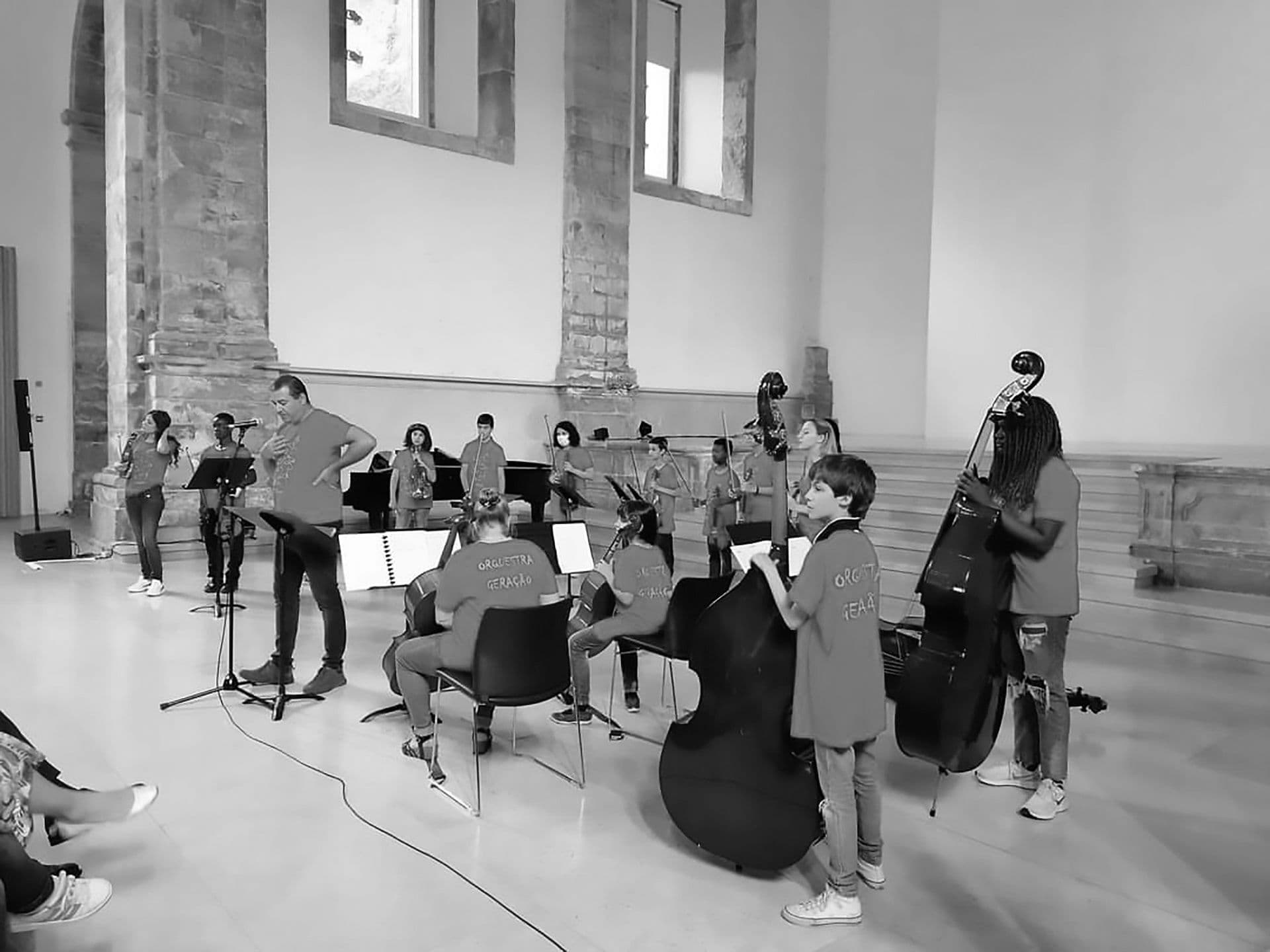
Incluindo a Liberdade & Geração da Liberdade
13, 29 MAY 2024, 17:30
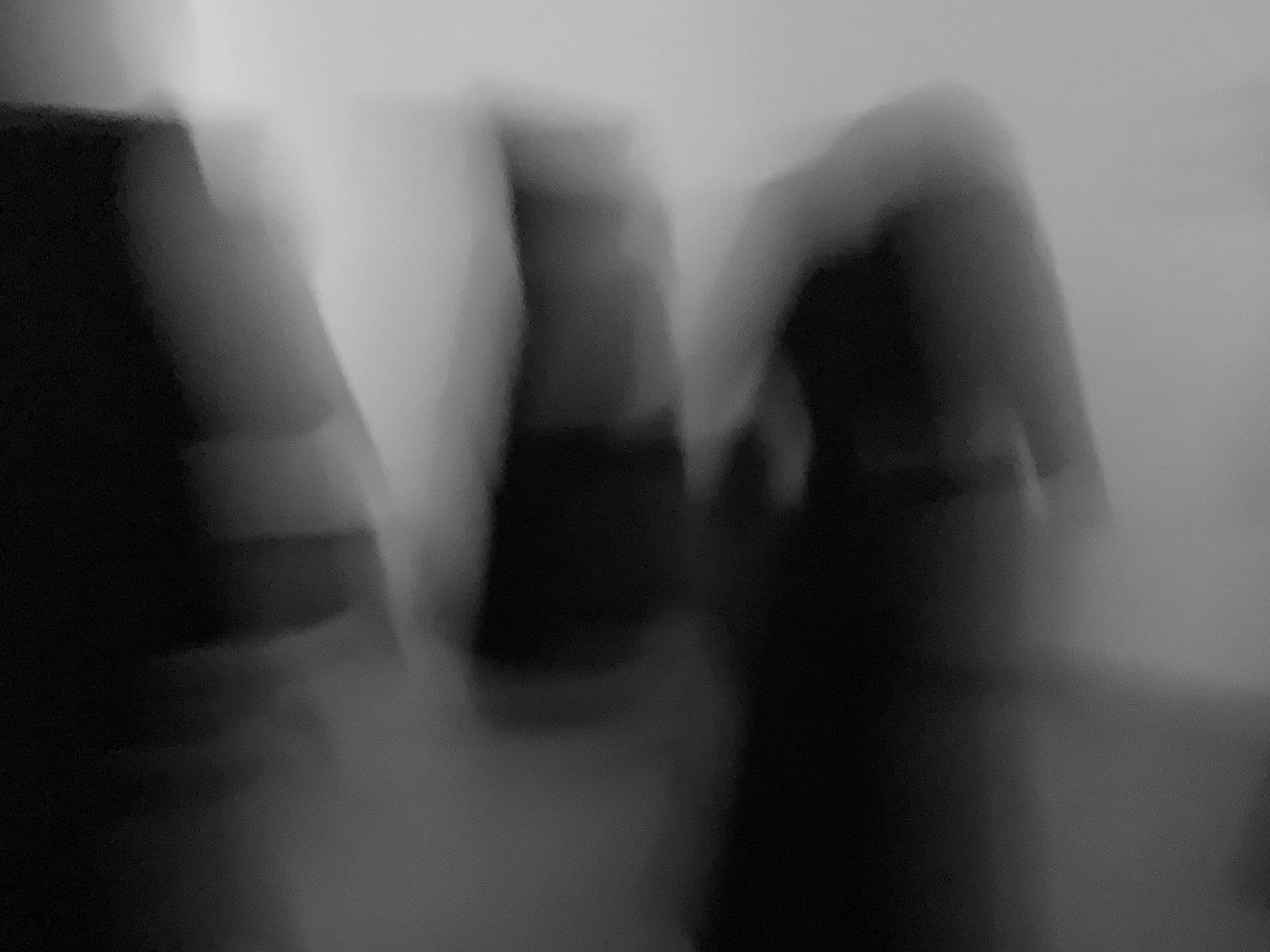
Entre espaços – O Fantasma da Liberdade em duas obras da Fundação Altice
05 APR–30 SEPT , Tue–sun

Auto das Ciganas, de Gil Vicente
06 APR–30 JUN, Wed–sun

ANOZERO ÁGORA: Liberdade e Fantasia
13–18 MAY, 14:00–19:00

Peço a palavra!
24 ABR–20 MAI, Mon–sat